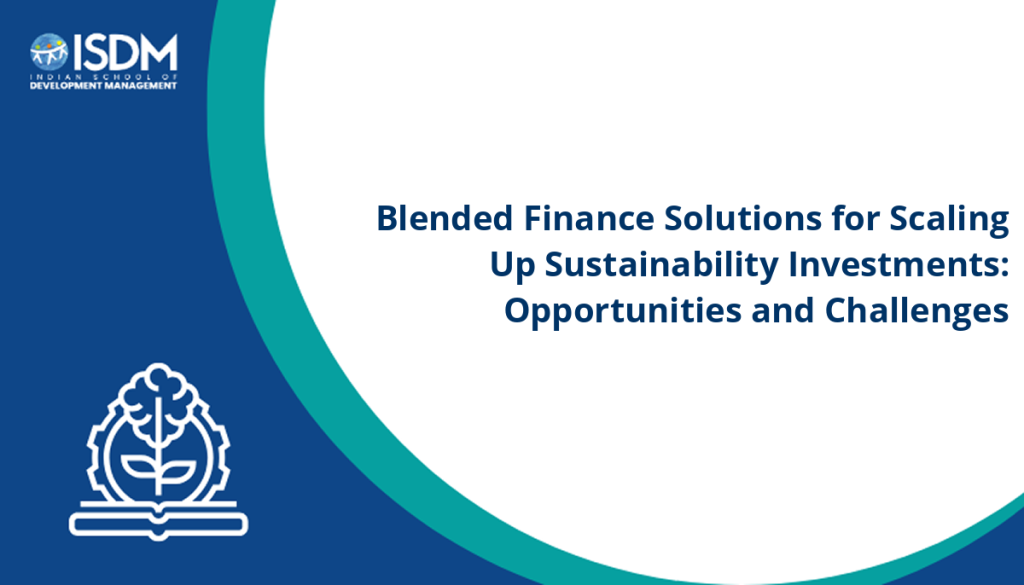Home > Development Management > Blended Finance Solutions for Scaling Up Sustainability Investments: Opportunities and Challenges

Interested in the full story?
Access the complete case study to learn more
Isabelle Zheng, Stefano Battiston, Christophe Nuttall
No ratings yet
|
|
Thank you for Signing Up |

